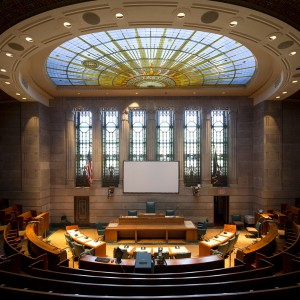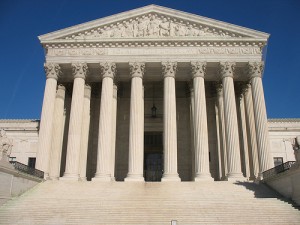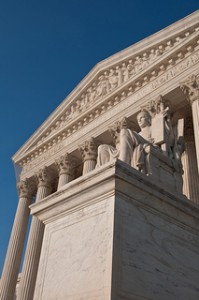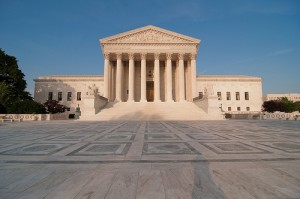Round-up of Greece Analysis
Posted
06 May 2014 in Commentary
In our earlier post, we reported the Supreme Court’s decision in Greece v. Galloway,  ruling that the Town’s prayer practice is not an unconstitutional establishment of religion. This post tracks some commentary on the case:
SCOTUSblog has been providing analysis of the divided decision:
ruling that the Town’s prayer practice is not an unconstitutional establishment of religion. This post tracks some commentary on the case:
SCOTUSblog has been providing analysis of the divided decision:
The stark difference between the majority opinion in the Allegheny County case and the Court’s new opinion in the Town of Greece case illustrated the progress made by Justice Kennedy toward the Court’s full embrace — although for differing reasons among five Justices who determined the outcome – of the “coercion” test in determining whether a government practice amounted to an “establishment of religion” in violation of the First Amendment.Eugene Volokh of UCLA School of Law provides his reactions:







 By Lisa Soronen [We are thrilled to have a guest post from Lisa Soronen, executive director of the
By Lisa Soronen [We are thrilled to have a guest post from Lisa Soronen, executive director of the 
